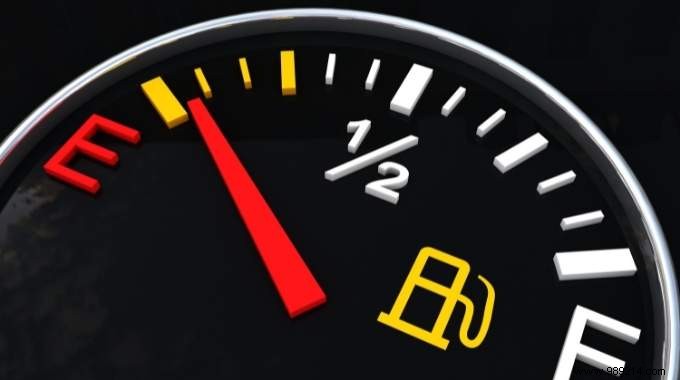
Today I explain to you why you should not drive on the reserve fuel.
Personally, I'm always too lazy to fill up. I always wait for the last minute.
A fuel indicator is made for that, no; so where is the problem?
Well believe me, the consequences for the engine can be serious and costly.
And I know what I'm talking about; I had some mechanical issues that hurt my wallet quite a bit.
Find out why you should not drive on the fuel reserve. Watch:
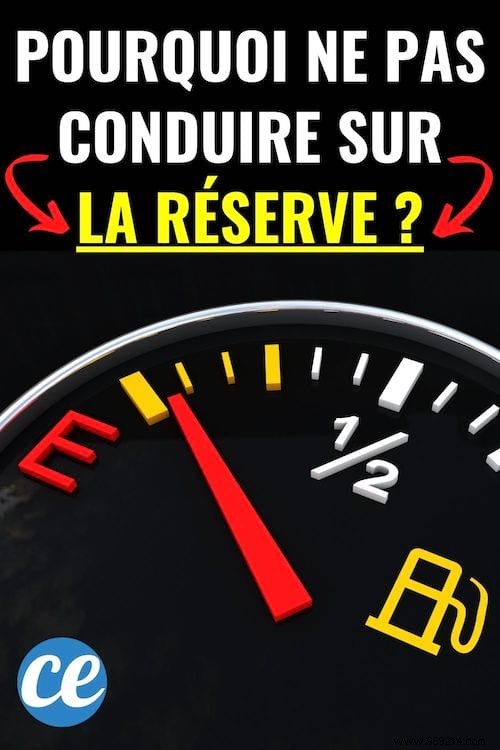
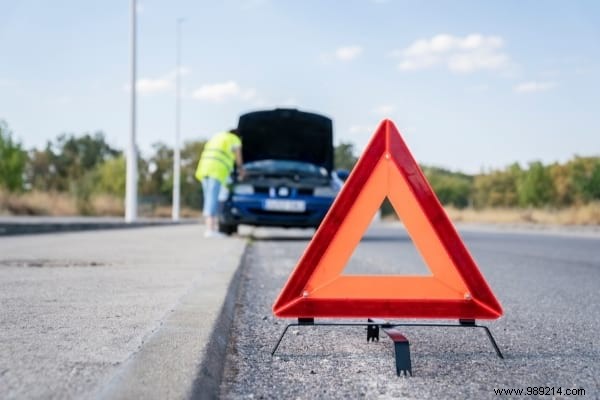
The technology embedded in new vehicles is increasingly advanced.
However, the fuel gauge is not absolutely safe.
It may vary depending on the fuel, the slope of the vehicle and your type of driving.
So don't wait until the last moment to fill up.
You risk running out of fuel and on the highway, it can be expensive!
In addition it is dangerous and you even risk a fine!
Above all, be aware that running out of fuel can have consequences depending on the type of engine.
Without going into too much detail, some engines are not equipped with what is called a priming pump.
This pump is needed to restart a vehicle when the tank is empty.
If your car doesn't have one, don't force the restart and call a repairman.
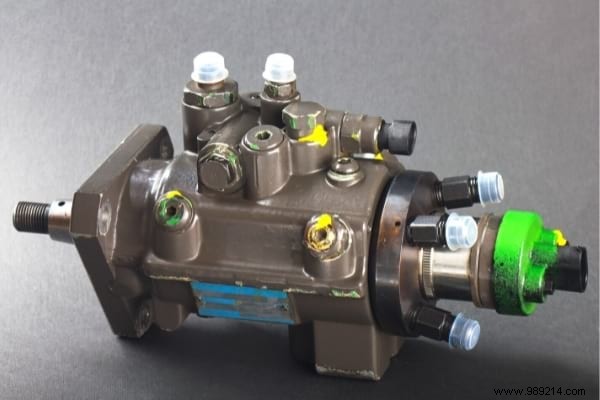
Do you drive regularly on the reserve?
Be aware that by force, your fuel pump is less well supplied.
Your engine runs more and more on gasoline vapor rather than the liquid itself.
Result. He doesn't like it at all!
The vehicle becomes less efficient and in addition you damage the famous fuel pump.
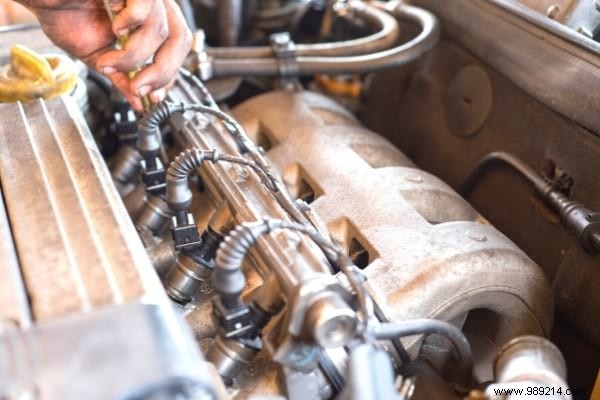
Over time, impurities or other dirt settle at the bottom of your tank.
They often come from gas station tanks when you fill up.
The problem is, it's this fuel fund that you use when you're on reserve.
Do you see where I'm coming from?
Residues can then be injected into your engine and clog your injectors.
This is all the more true for Diesels, because diesel is heavier and the waste oilier.
So be careful, because an injector is very very expensive to replace!
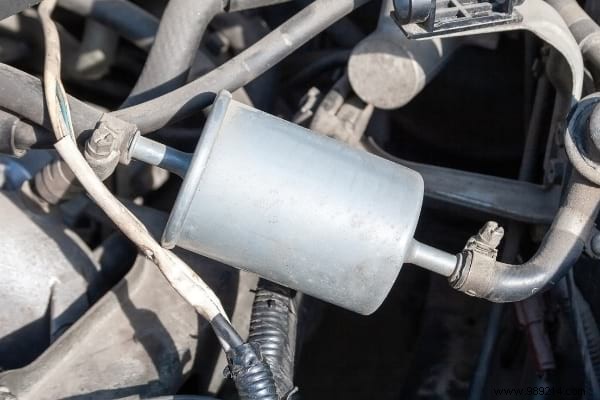
Not to mention the tank to purge if you run out of fuel with your Diesel, hello other costs!
By driving too often on reserve, you wear out your fuel filter much more quickly.
Normally, a filter is changed every 30,000 km.
Except that driving too often on the reserve makes it change every 15 to 20,000 km.
Not super economical, is it...
You now know that it is not advisable at all to drive on the reserve.
It can hurt the engine and cost you expensive maintenance and engine repair.
And it concerns all types of vehicles:Twingo, 206, Dacia Sandero, Fiat 500, Toyota Aygo, Clio...
It is advisable to fill up with fuel as soon as the gauge reaches a quarter of the dial.
It avoids being in the middle of stress and wondering how many km you have left to do in reserve.